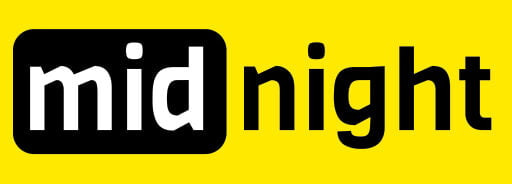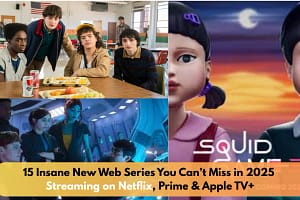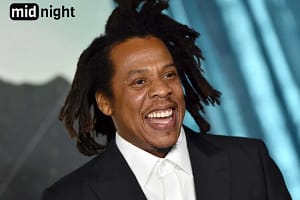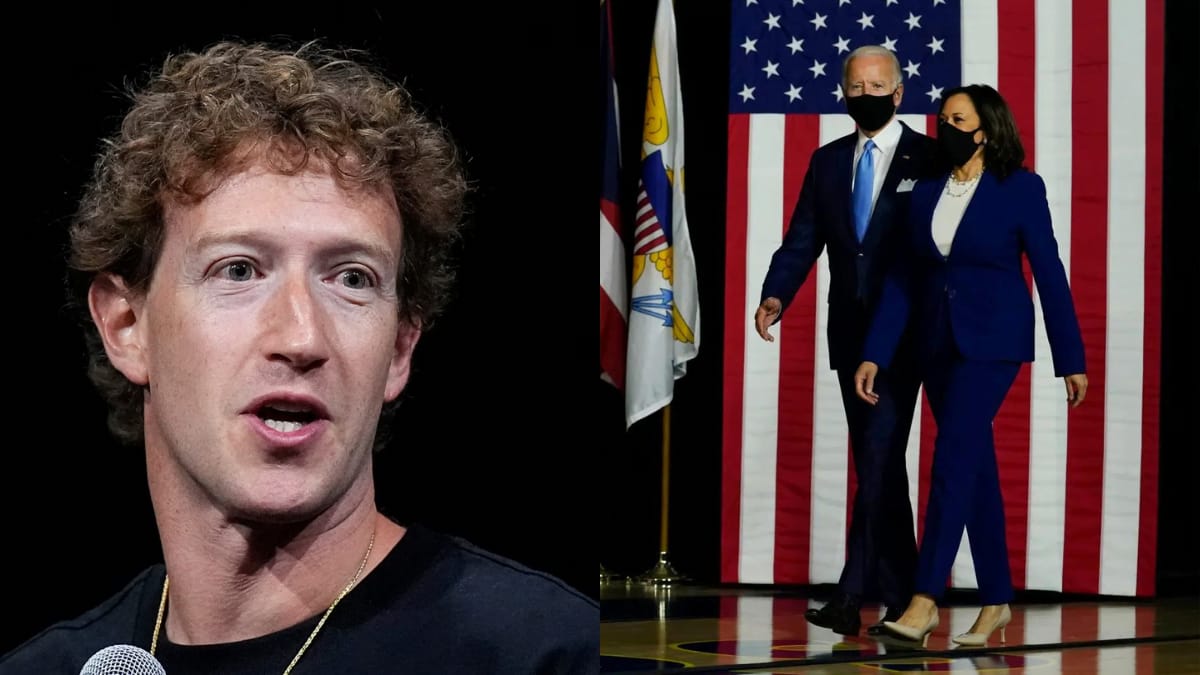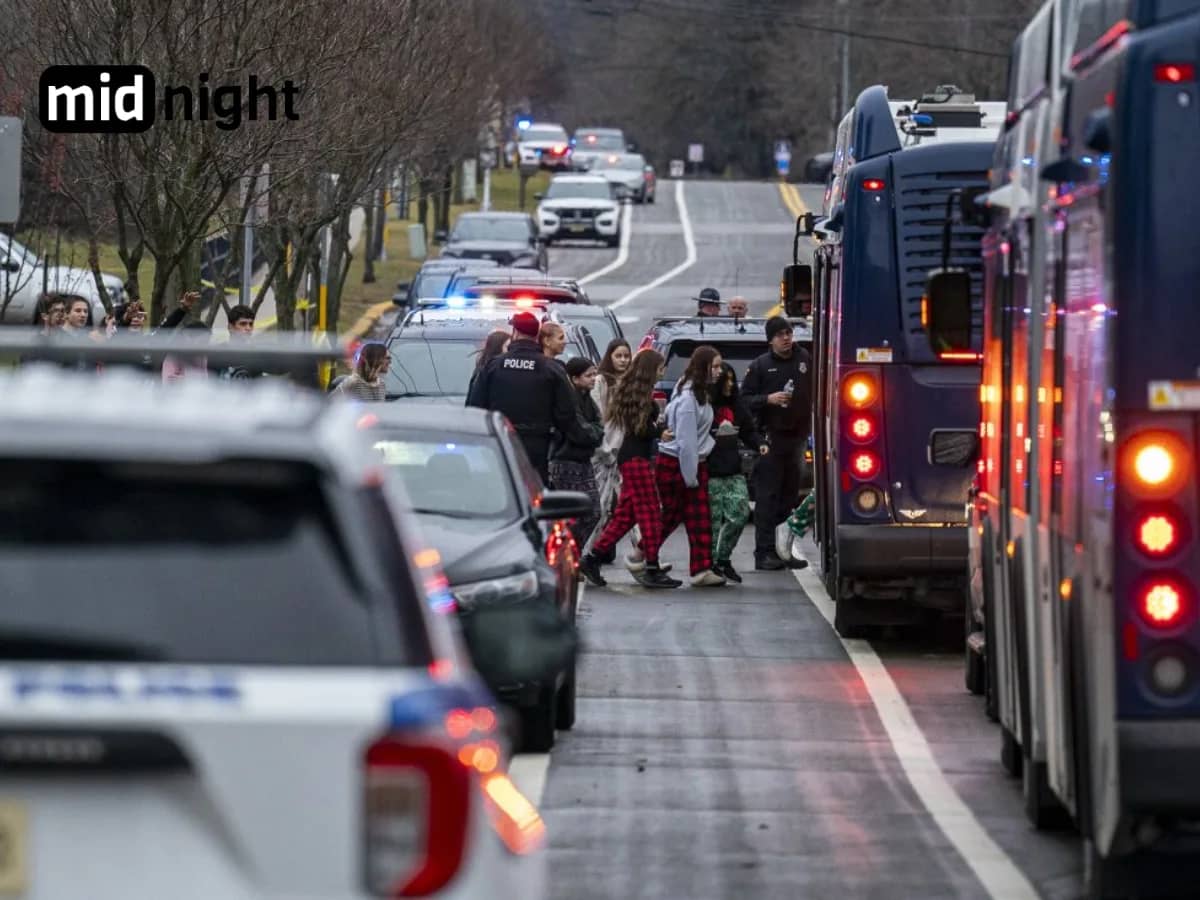Table of Contents
On August 10, 2024, Meta’s CEO Mark Zuckerberg testified before the House Judiciary Committee on allegations that the Biden-Harris administration had leaned on Meta-parent of Facebook, Instagram, and WhatsApp-to censor content about COVID-19. The hearing was part of a greater examination into government influence over social media companies and such related effects of said actions on free speech.
The Allegations
During the hearing, Zuckerberg revealed that Biden-Harris administration officials had been in constant touch with Meta to request the takedown or suppression of content for “misinformation” regarding COVID-19. He said such communications started early on in the pandemic and continued through the time the virus spread all over, affected millions worldwide.
He said that in debates over the effectiveness of vaccines, the origins of the virus, and lockdowns and mandates ordered by governments, the content demands were most insistent. Such requests from the Biden administration, he claimed, are often cloaked as “public health directives.” That, he said, is what makes it difficult for Meta to weigh public safety with the right to free speech.
Mark Zuckerberg’s Response
Pressed, Zuckerberg highlighted various measures put in place by Meta as part of efforts to try and alleviate the spread of misinformation across its platforms-labeling posts with fact-check information, reducing the visibility of content flagged as false by third-party fact-checkers, and in extreme cases, outright removal of posts or the banning of accounts which spread what was considered harmful misinformation.
However, Zuckerberg said that Meta removed the posts not just out of fear of any crackdown by the government, but also because the company itself wanted to see that proper information was being delivered to the users during a pandemic situation. He said though the company strove for balance, the involvement of the government did create a “gray area” that made their decision compounded.
Government Involvement in Social Media
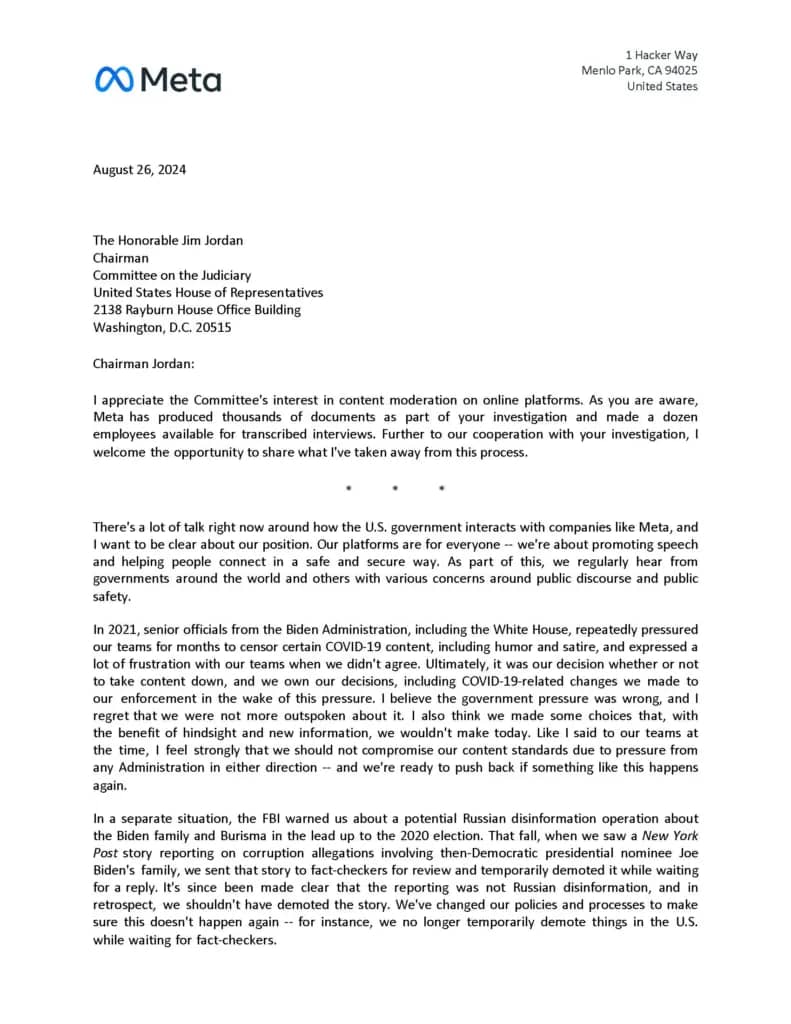
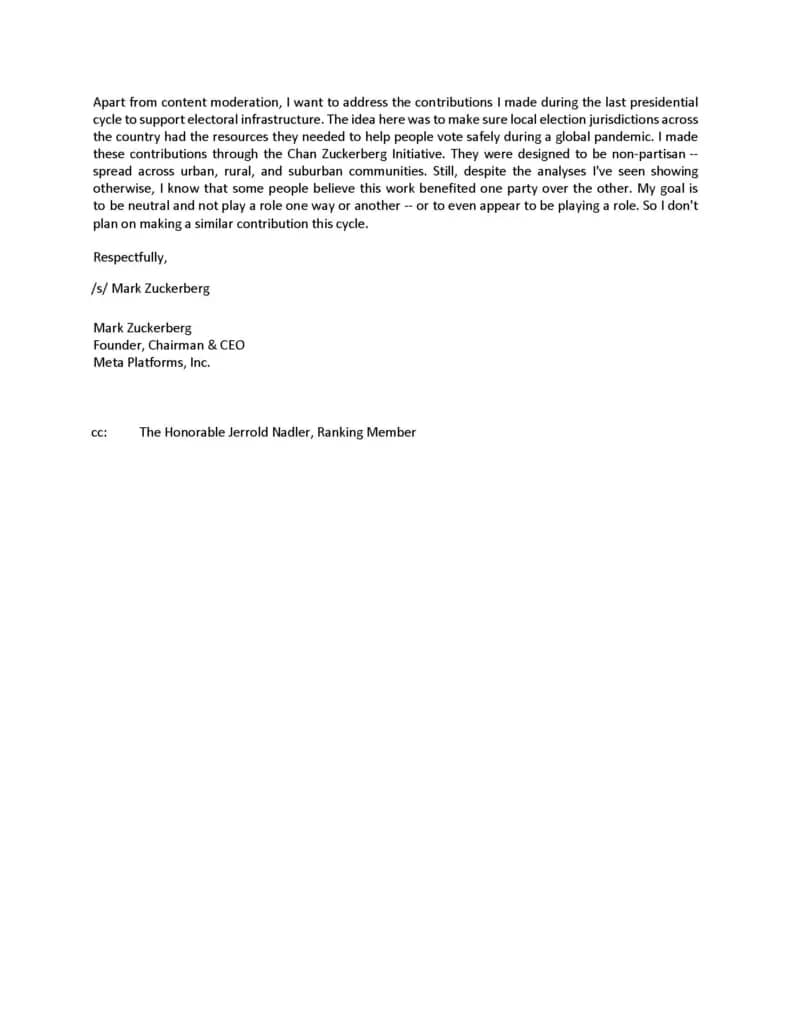
The hearing put a finer point on the larger debate over how much the government should get involved in regulating the content of social media platforms. Critics of the Biden-Harris administration say it is an overreach of the government and threatens free speech. That, in asking private companies to take down that content, the government finds a way to get around First Amendment protections.
On the other hand, proponents argue that within the context of a global pandemic, an administration has a duty towards public health in terms of ensuring that credible information is being disseminated. Misinformation, particularly on COVID-19, they say can prove deadly, and hence a duty lies with social media companies to ensure this does not happen.
Future Implications
Mr. Zuckerberg’s testimony amped up the dicussions over the limits of government authority over the social media companies and opened more debates on bringing more clarity into regulation. Some lawmakers have asked for new legislation to define the limits of government requests of private companies to ensure that free speech rights are not trampled on, while doing something about the virus of harmful misinformation spreading across the platforms.
The hearing also casts questions about the openness of contact between the government and social media companies. Zuckerberg said that more transparency is needed in how those communications are carried out and how the decisions are made. He said social media companies should publicly disclose all government requests to remove or restrict content, so people can better hold them accountable, and have public scrutiny.
Read More : Obama Rallies America: ‘Kamala Harris is Ready to Lead Us Forward’
The Biden-Harris Administration’s Response
Since Zuckerberg’s testimony, the Biden-Harris administration has denied wrongdoing, continuing to say it communicated appropriately with Meta and other social media companies regarding public health obligations. White House officials detailed their efforts as part of the overall work to fight misinformation that jeopardized public health and safety during an unprecedented crisis.
But such critics are not entirely convinced. They said that government actions set a very dangerous precedent for future interactions with private companies. Without contours, their fear is that the pressure on social media platforms applied by the government may be someday utilized to quash dissent and distort public debate in the wide range of issues.
Conclusion
The bottom line of these revelations in Zuckerberg’s testimony also has major implications for the future of social media regulation and the relationship between the government and private companies. The issue remains moot, as debate rages on amidst complex issues involving free speech, public health, and the place of social media in modern life. The result of such inquiry might make it the backbone of future online communication, and even of the protections given to free speech in the digital era.
Discover more from Midnight India
Subscribe to get the latest posts sent to your email.
